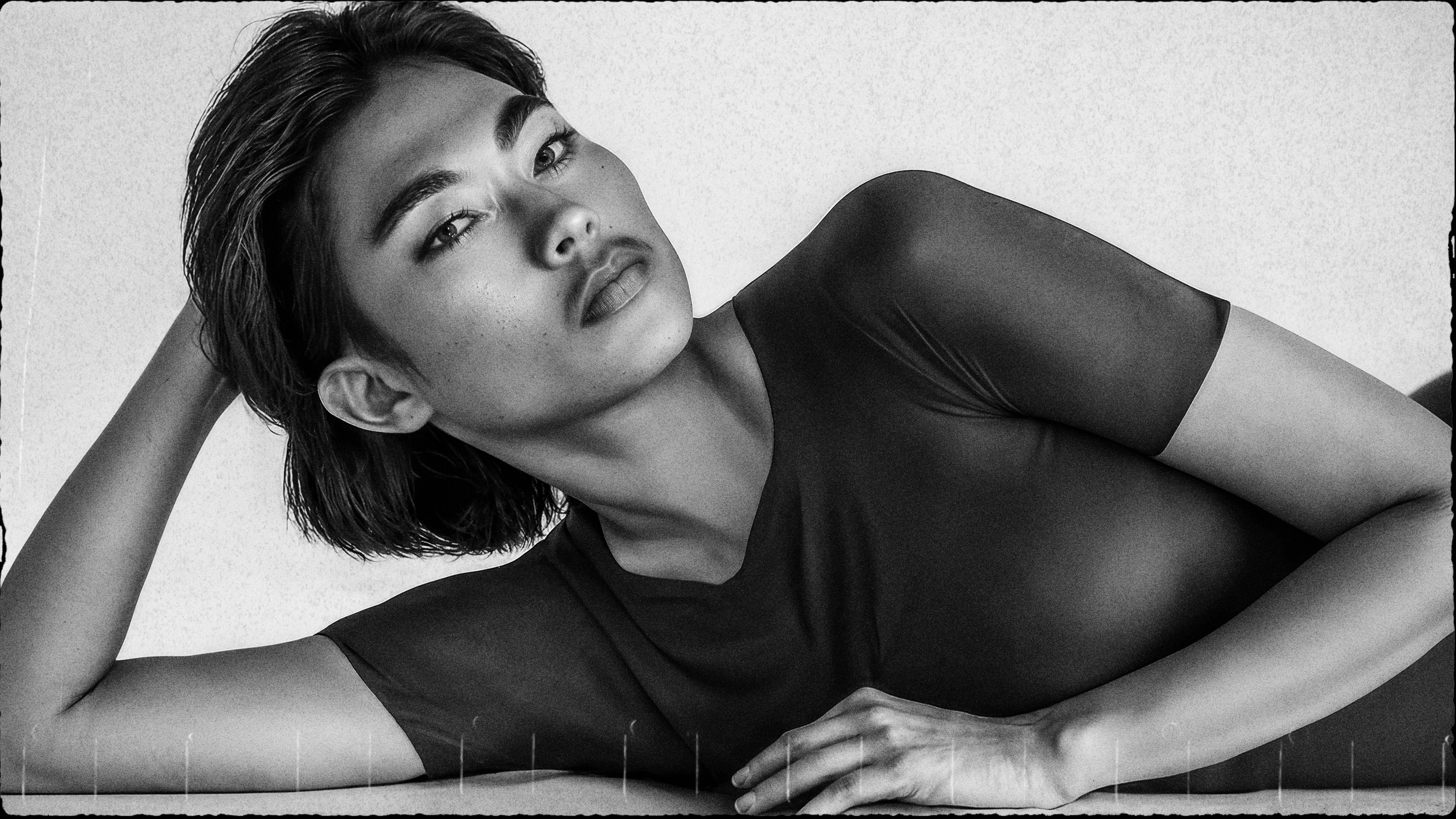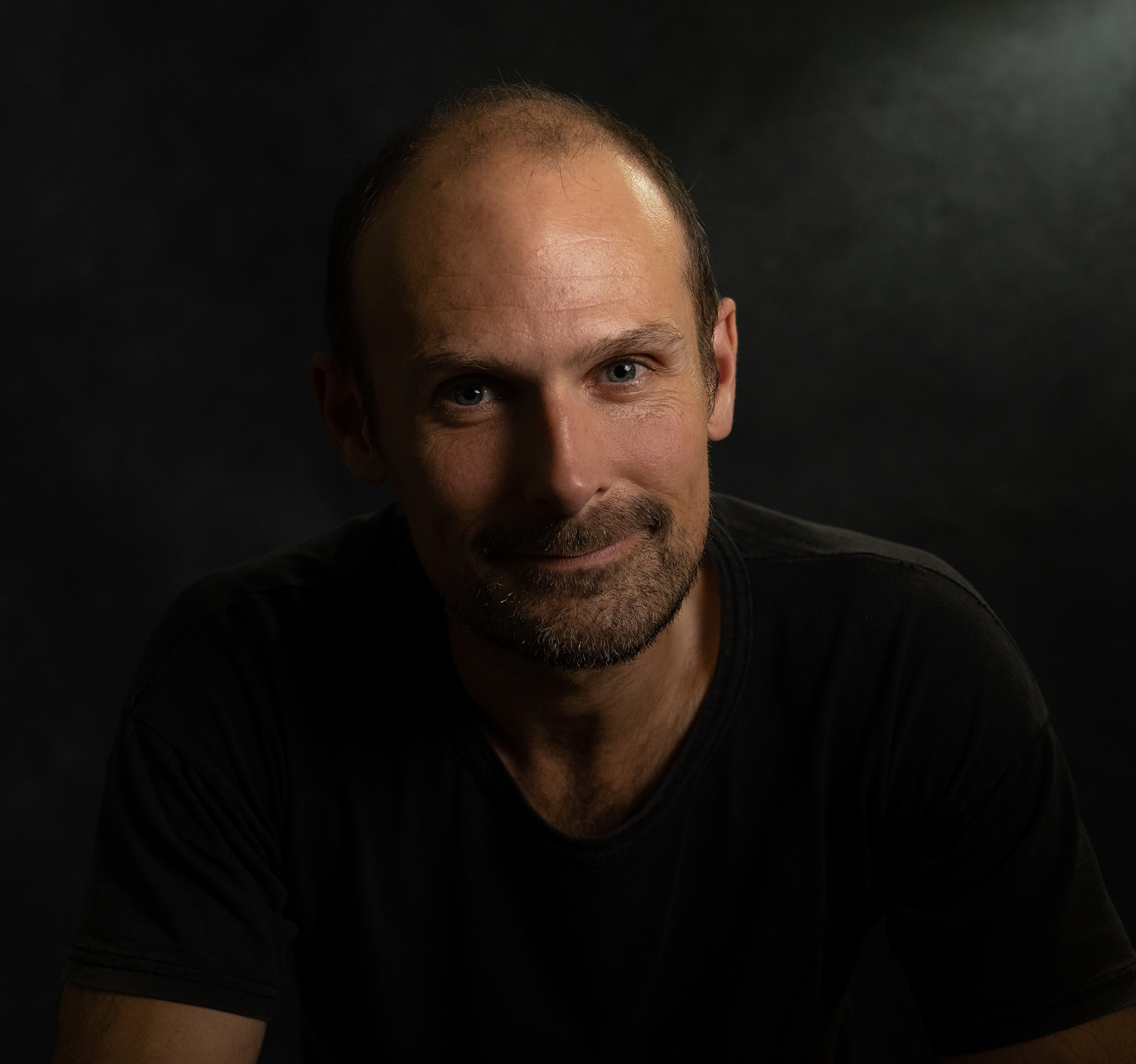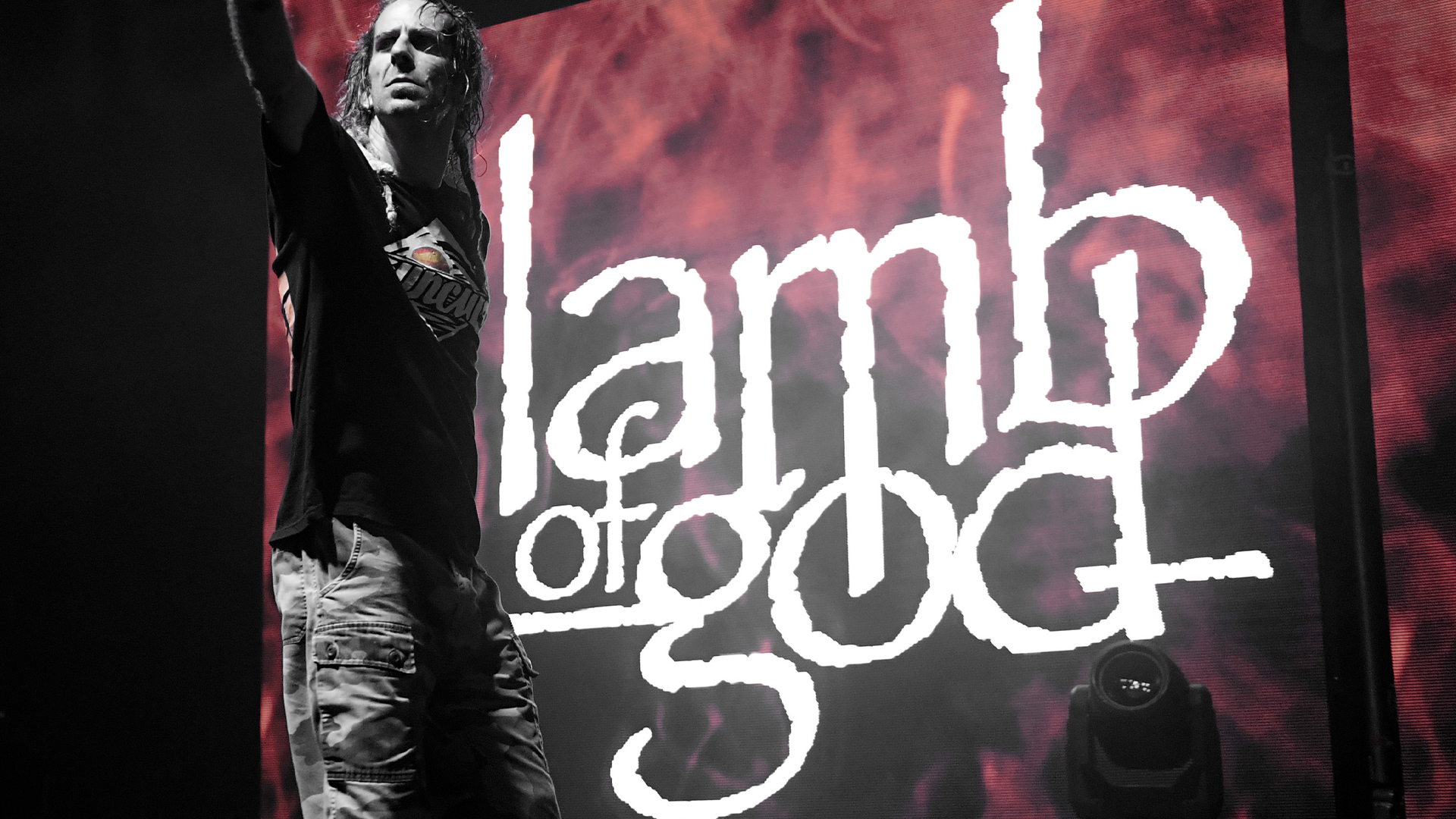
Sign up to Creative Bloq's daily newsletter, which brings you the latest news and inspiration from the worlds of art, design and technology.
You are now subscribed
Your newsletter sign-up was successful
Want to add more newsletters?

Five times a week
CreativeBloq
Sign up to Creative Bloq's daily newsletter, which brings you the latest news and inspiration from the worlds of art, design and technology.

Once a week
By Design
Sign up to Creative Bloq's daily newsletter, which brings you the latest news and inspiration from the worlds of art, design and technology.

Once a week
State of the Art
Sign up to Creative Bloq's daily newsletter, which brings you the latest news and inspiration from the worlds of art, design and technology.

Seasonal (around events)
Brand Impact Awards
Sign up to Creative Bloq's daily newsletter, which brings you the latest news and inspiration from the worlds of art, design and technology.
One of the many controversial aspects of AI image generation is bias. Big text-to-image models were trained on millions of images taken from the internet, a large proportion of which presumably reflect a very limited view of human beauty. The result is that generative AI tends to reproduce a lack of diversity in body types and skin colours.
Google's attempt to correct this in Gemini led to a Asian Nazi-filled disaster, but some are persevering, including Absolut (yes, the vodka brand). So, it's following Dove's lead by pledging never to use AI-generated images of people, right? Er, no. Quite the opposite. It think "AI is here to stay" and that it can help fix it by producing more diverse 'AI-generated fashion images' that it wants to spread all over the internet so they influence future AI models... or something.
Absolut's campaign is a collaboration with Copy Lab, a studio that offers AI visuals for brands and that claims to run the 'world's first AI fashion magazine'. According to the press release, they "pushed an AI algorithm across multiple models to craft a series of bold fashion images that juxtapose the outdated and damaging stereotypes perpetuated by society."
Basically, they processed 10,000 image prompts to generate images showing a diverse range of body shapes, complexions and skin tones. Some will feature in the second edition of Copy Lab's magazine, and they've also been uploaded to the stock image site Unsplash. Absolut says the campaign has the potential to "engage a global audience, thereby increasing and expanding the AI algorithms’ learning of diversity within fashion, fostering a more inclusive future."
Well... OK. But even if the likes of Midjourney or OpenAI do loot the web again in the future, at the risk of incorporating a load of AI images with five-fingered humans into their training data, and even if 10,000 prompts can make the smallest of dents, did these images need to be AI-generated? Dove's photography of real people is just as likely to get hoovered up without introducing an element of AI incest into the equation.

Absolut does recognise that it can't solve the issue alone, and it says it's also aiming more generally to encourage others use more diverse AI images. That's kind of loable, perhaps, but I can't help feeling that it's a bit of a misstep for the brand.
It's framing the project as part of its long line of socially conscious campaigns. Absolut was quick to tap into the potential of the LGBT market back in the early 1980s, and it's since run campaigns highlighting issues ranging from sexual consent to voting to sustainability.
Sign up to Creative Bloq's daily newsletter, which brings you the latest news and inspiration from the worlds of art, design and technology.
"For over forty years, Absolut has advocated for inclusivity, fluidity, and diverse representation," Debasree Dasgupta, Global VP Marketing at Absolut said. “Our brand ethos is rooted in the concept of mixing—mixing ideas, identities, people, perspectives, and drinks. Given this foundation, we feel a deep responsibility to confront bias in AI head-on. By challenging these biases, we aim to contribute to the creation of a more equitable and inclusive technology that positively impacts individuals and communities on a global scale."
Perhaps there's an element of accepting the inevitable and trying to at least make it less bad, but the longest-running theme in Absolut's branding has been an emphasis on the use of natural ingredients. Promoting artificially generated images feels totally alien to that even if it does aim to correct a problem with the technology.
For more AI controversy, see the news about the the new 'ethical AI image generator' created in collaboration with artists.

Joe is a regular freelance journalist and editor at Creative Bloq. He writes news, features and buying guides and keeps track of the best equipment and software for creatives, from video editing programs to monitors and accessories. A veteran news writer and photographer, he now works as a project manager at the London and Buenos Aires-based design, production and branding agency Hermana Creatives. There he manages a team of designers, photographers and video editors who specialise in producing visual content and design assets for the hospitality sector. He also dances Argentine tango.

